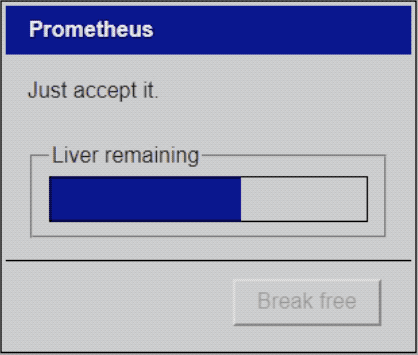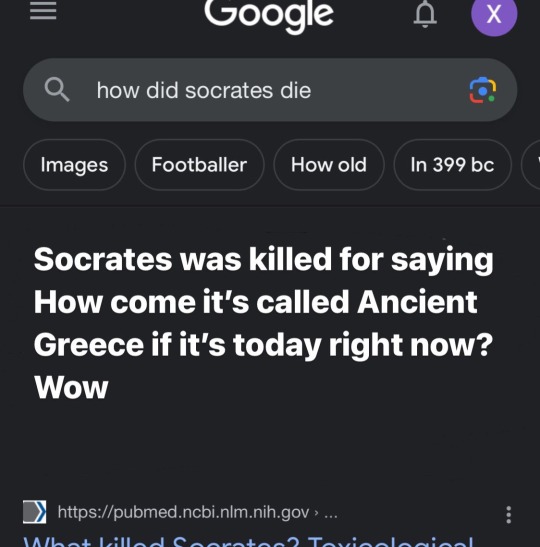Text
the problem i'm having is that there's a lot about gender and translation theory but it's all about like... "feminist" translation and if lgbtq/queer stuff is mentioned it usually focuses more on sexuality but i'm not really worried about "feminism" i just want to read about how you decide which pronouns to use when it's ambiguous in the source text/when the source language doesn't rely as heavily on gendered pronouns
does anyone have recommendations for translation theory by/for/about trans people. especially as it relates to roman/greek literature. i'm dying out here
#mod felix#some of the stuff i'm finding is like. useful for that. but it's like. not hitting what i actually want/need to talk about
39 notes
·
View notes
Text
does anyone have recommendations for translation theory by/for/about trans people. especially as it relates to roman/greek literature. i'm dying out here
#mod felix#i've barely started looking but like. what i've got is not the most useful#oh especially from a transfem perspective.#even resources about like. gendering historical figures/applying lgbtq+ labels to historical figures would be useful#i'm writing about tiresias. for context
39 notes
·
View notes
Photo


Ancient Greek Punishment: UI Edition is an odd little experience that allows you to reenact the punishments bestowed by ancient Greek gods in UI form!
Read More & Play The Full Game, Free (Browser)
17K notes
·
View notes
Text
a poll for research purposes:
sorry no secret third thing
#mod felix#reblog#i think towards the body but like... it's more complicated than that. can't put words to it right now
64 notes
·
View notes
Text
NEW INFO NEW INFO NEW INFOOOOO
808 notes
·
View notes
Text
why so vesuvius? the volcaner
214 notes
·
View notes
Text
i think the thing about intracommunity conflict over who can 'claim' certain queer figures from the ancient world (e.g., was sappho a lesbian or bisexual, was iphis a lesbian or a trans man) is that it basically never tells us anything interesting or new about the ancient material and only ever becomes an opportunity for ppl to show their worst, most vitriolic assumptions about the experiences of other queer people today.
i think this happens bc often these inquiries come from a place of wanting to see one's own identity and experience reflected exactly back in ancient material, which i don't think is harmful on it's own, although it's often a little boring because it limits our field of vision for seeing how ancient gender and sexuality could be queer in ways that don't immediately register to us -- when norms around gender and sexuality are different (which they unarguably were in many, many ways), the experiences that fall outside of those norms are also different. but this way of approaching queer history gets really nasty when it couples with a view of contemporary gender and sexuality that is, well, bogged down by any number of issues: an excessive attachment to identity as ontology ("this category terminology reflects perfectly who everybody is inherently inside"); a perception of privilege and oppression as zero-sum (aka the pokemon typing theory of structural violence); a watered down understanding of what intersectionality means (thinking only about individuals who occupy multiple marginalized positionalities rather than considering how multiple marginalizations overlap or are linked).
all of this has no effect on sappho (dead) or iphis (fictional), but it does have an effect on the queer people today who get caught in the crosshairs when ancient figures are used as cudgels and mouthpieces to lend historical authority to contemporary disputes. when really it seems like the most historiographically responsible answer to "was [ancient figure] a [queer interpretation a] or [queer interpretation b]" is "yes. and no. and original historical context matters. and the way that figure has been interpreted outside of their original historical context also matters. and that original historical context usually can't be completely reconstructed. and also we don't need the certainty of complete reconstruction to draw connections. and also ancient queerness looks a lot different than we expect. and also modern queerness looks a lot different than we expect."
586 notes
·
View notes
Text
PLATO: Man is a hairless, featherless biped!
[AUSTRALIAN DIOGENES enters carrying a SHAVED KANGAROO]
Australian Diogenes: G’day, mate! Behold, a bloke!
171 notes
·
View notes
Text
imagine undressing catullus only to discover he’s wearing the sappho binder
106 notes
·
View notes
Text
the lesser known smaller and narrower oracle of Delphi fell in the crack one day and was never seen again
504 notes
·
View notes
Text
"average greek myth involves a god turning someone into something else" factoid actualy just statistical error. average greek myth involves 0 gods turning someone into something else. metamorphoses ovid, who lives in exile & writes over 10,000 transformation myths a day, is an outlier adn should not have been counted.
272 notes
·
View notes
Text
[image description: an edited screenshot of a google search for "how did socrates die." the query is answered with, "Socrates was killed for saying How come it's called Ancient Greece if it's today right now? Wow." end image description.]

32K notes
·
View notes
Text
seconds after posting this tried to use a y instead of a u
getting to a point where if a word in latin or english ends in s i try to use the w key and get confused when it looks like a w and not an s because in greek that's the key that gets used for sigma when it's at the end of a word (ς)
35 notes
·
View notes
Text
getting to a point where if a word in latin or english ends in s i try to use the w key and get confused when it looks like a w and not an s because in greek that's the key that gets used for sigma when it's at the end of a word (ς)
35 notes
·
View notes
Text
the greeks: damn how are we going to get into this city
odysseus, drunk: have we tried a big wooden horse
66 notes
·
View notes
Text
there is only one ethical form of rpf and that is the philosophical dialogue. if that twink's cringefail attempts to seduce that old man don't have an allegorical meaning pertaining to the essence and origin of love I don't want to hear it. no tolerance no mercy
466 notes
·
View notes